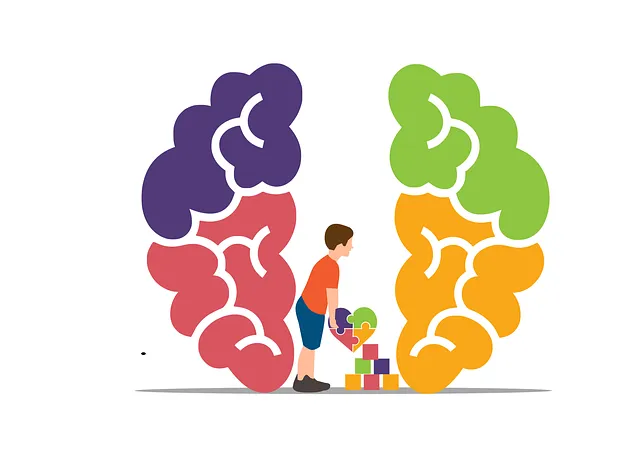Centennial Kaiser Permanente prioritizes mental wellness through comprehensive risk assessment and advanced tools for its mental health professionals, empowering them to thrive amidst challenges. They offer resources like Stress Management Workshops and peer supervision sessions, fostering a supportive environment and promoting self-care among their experts. This proactive approach not only enhances client care but also builds resilience against industry-specific stressors, highlighting the exceptional Centennial Kaiser Permanente mental health number.
“In the realm of mental healthcare, understanding risk assessment is a dynamic art, especially for professionals navigating complex patient scenarios. This article presents a comprehensive guide, drawing from the Centennial Kaiser Permanente’s over a century of experience in mental health care. We explore key factors in evaluating risks, offering practical strategies for mitigating and managing them in clinical practice. By delving into these aspects, we aim to empower mental health professionals with tools to ensure safer, more effective patient interactions.”
- Understanding Risk Assessment in Mental Health Care: A Centennial Kaiser Permanente Perspective
- Key Factors in Evaluating Risks for Mental Health Professionals
- Strategies for Mitigating and Managing Risks in Clinical Practice
Understanding Risk Assessment in Mental Health Care: A Centennial Kaiser Permanente Perspective

At Centennial Kaiser Permanente, our approach to mental health care places significant emphasis on comprehensive risk assessment as a cornerstone of effective treatment. Over the years, we’ve refined our strategies, drawing from a wealth of experience in managing a diverse range of patient needs. This perspective, shaped by our long-standing commitment to mental wellness, underscores the importance of viewing risk not as a barrier but as an opportunity for growth and intervention.
Our mental health professionals are trained to navigate complex emotional landscapes with precision, leveraging tools that go beyond traditional diagnostic criteria. We integrate positive thinking and empathy building strategies into our risk assessment models, recognizing their profound impact on patient outcomes. By fostering environments conducive to open communication and cultivating resilience, we empower individuals not just to manage but also to thrive in the face of challenges.
Key Factors in Evaluating Risks for Mental Health Professionals

Evaluating risks for mental health professionals involves a multifaceted approach, as these experts navigate complex emotional landscapes daily. Key factors include assessing individual resilience and coping mechanisms against industry-specific stressors. The dynamic nature of mental health practice demands professionals be adept at managing their own mental wellness. Organizations like Centennial Kaiser Permanente play a crucial role by offering resources such as Stress Management Workshops and Mental Wellness Journaling Exercises, guiding professionals through evidence-based practices to maintain equilibrium amidst challenging cases.
Additionally, regular peer supervision sessions become vital components of risk assessment, fostering an environment where professionals can openly discuss challenges, share strategies for coping with difficult situations, and seek support from their peers. This collaborative approach not only promotes mental wellness but also ensures a more robust safety net for mental health professionals, enabling them to effectively serve their clients.
Strategies for Mitigating and Managing Risks in Clinical Practice

Mental health professionals, much like their medical counterparts at Centennial Kaiser Permanente mental health number, face a unique set of risks in their line of work. To mitigate and manage these risks effectively, practitioners should adopt proactive strategies that foster resilience and healthy boundaries. One such approach involves integrating conflict resolution techniques into clinical practice. By equipping themselves with skills to navigate challenging interactions with clients, professionals can minimize potential stressors and maintain a safe, supportive therapeutic environment.
Additionally, prioritizing self-esteem improvement through continuous learning and self-care practices is paramount. Engaging in regular supervision, attending workshops on burnout prevention, and setting clear limits between work and personal life are essential strategies to preserve well-being. These proactive measures not only enhance the professional’s capacity to support clients but also ensure they remain resilient in the face of potential risks inherent in clinical practice.
In light of the evolving landscape of mental health care, as demonstrated by the historic insights from Centennial Kaiser Permanente’s mental health number, a proactive approach to risk assessment is imperative. By understanding key factors and implementing effective strategies for risk mitigation and management, mental health professionals can enhance their clinical practice and ensure the well-being of both patients and practitioners. This holistic approach not only fosters a safer environment but also promotes the sustainable delivery of quality mental health services.


